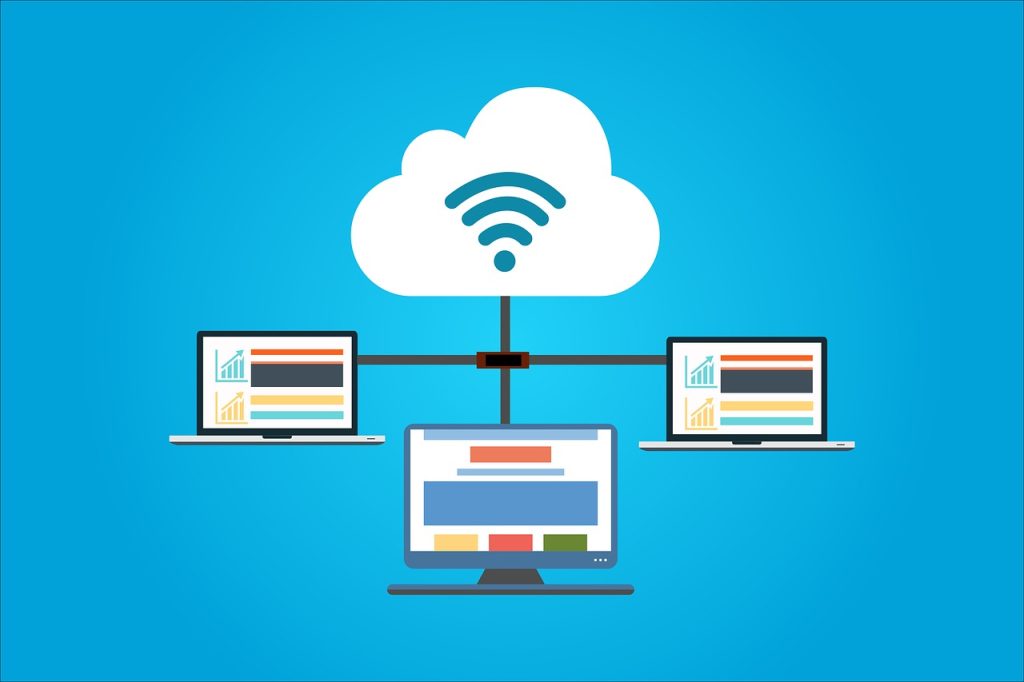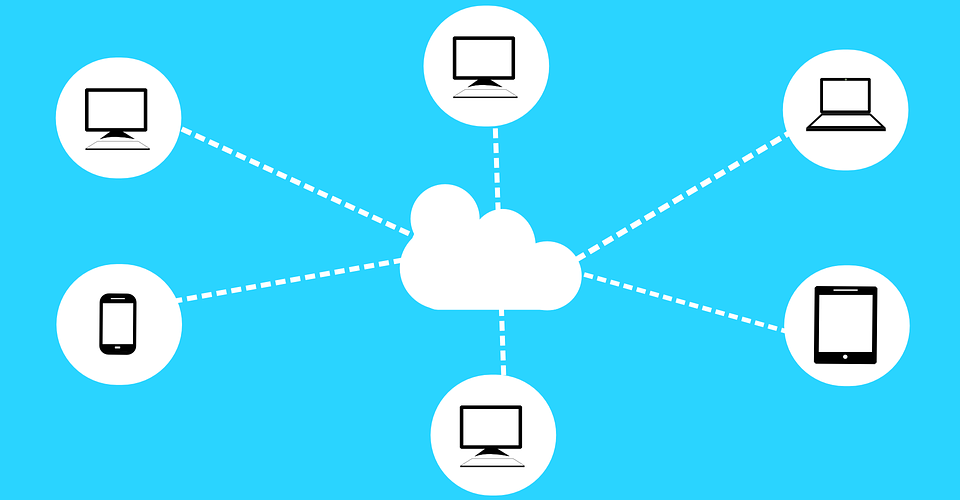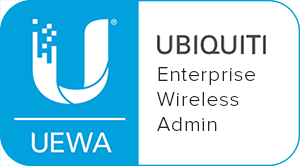Pure vs Hybrid Cloud Models: Questions Answered For Data Analysts
There are landmark moments throughout history where innovations in technology have marked a change in how businesses operate. The creation of cloud technology is undoubtedly one of them. Now we have choices in the type of cloud services we can use. Comparing pure vs hybrid cloud models reveal there are pros and cons of each technology. Here on the Fastmetrics blog, we have already looked at how ushering in cloud technology created a new era in computing, affecting how many people work, across industries and across the world.
The cloud has made many tech professionals’ jobs much easier, from data analyst to data scientists. Having an easily accessible repository for big chunks of information, provides the necessary support for these professionals. This allows them to keep up with an increasingly fast-paced and mobile world.
In recent years, two different types of cloud models have emerged, with pure vs hybrid cloud models available. Each cloud model has its own set of benefits for data analysts. We’ll be looking deeper into the two types to determine what advantages each model has for data analysts.
Pure Cloud Model
A pure cloud model, also known as a private cloud model, has an on-premises cloud owned solely by a company or enterprise. Techopedia states that many opt for this model, because of the control and privacy it entails. Having a pure cloud model means there will be less risk of attack or a data breach. Data analysts who use this model prefer it because of the security and reliability it provides.
Using a pure cloud model means all aspects of the cloud are in your control. You decide on accessibility. The private cloud model is also very helpful for data analysts dealing with sensitive or high profile information or data.
Furthermore, Computer Weekly notes that “the key benefit of a pure cloud approach is that it is easy to implement, scalable and very well suited to organizations that don’t possess in-house IT department skills.” This means that analysts who are also filling other tech roles will be able to devote their time towards data analysis without worrying about troubleshooting.
Hybrid Cloud Model
A hybrid cloud model on the other hand is a mix of private and public cloud platforms. The creation of multiple service platforms has made it easier for companies to shift from the very rigid private cloud models and migrate towards locating their data and assets on public clouds. For analysts, this makes their data more accessible anywhere and at anytime.
The main advantage of the hybrid cloud is speed. As a data analyst, you need quick access to information in order to process it as fast as possible. And if you are using different types of software for the job, speed counts for a lot.
To be a competitive, data analysts must have skills across a multitude of software, including programming languages like Python and HTML. A hybrid cloud model will complement analysts dealings with multiple software, potentially increasing productivity.
There’s no concrete answer when it comes to the question of which of the two models work best. After examining the advantages of both, it’s clear to see that each has its own merits. In the end, it all depends on the nature of the business and how cloud technology can support processes and your output as a data analyst.
About Fastmetrics, Inc. Building & Business ISP
Since 2002, Fastmetrics is the Bay Area’s only dedicated business ISP. We provide telecommunication services in California and the San Francisco Bay Area. Reliable service – backed by better live and local support. From install to 24-7 proactive monitoring, get treated like a VIP customer. Not a number by a faceless call center. We specialize in managed business internet and phones, dedicated high speed business fiber internet, business WiFi, SIP voice solutions / UCaaS and managed network services. We are a Microsoft and Cisco Meraki Partner. Our team are Certified Cisco Specialists, Ubiquiti Enterprise Wireless Accredited and Polycom Authorized Solution Advisors. We take care of your business network, so you can focus on growth.











